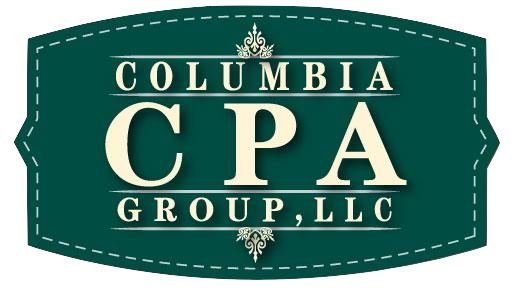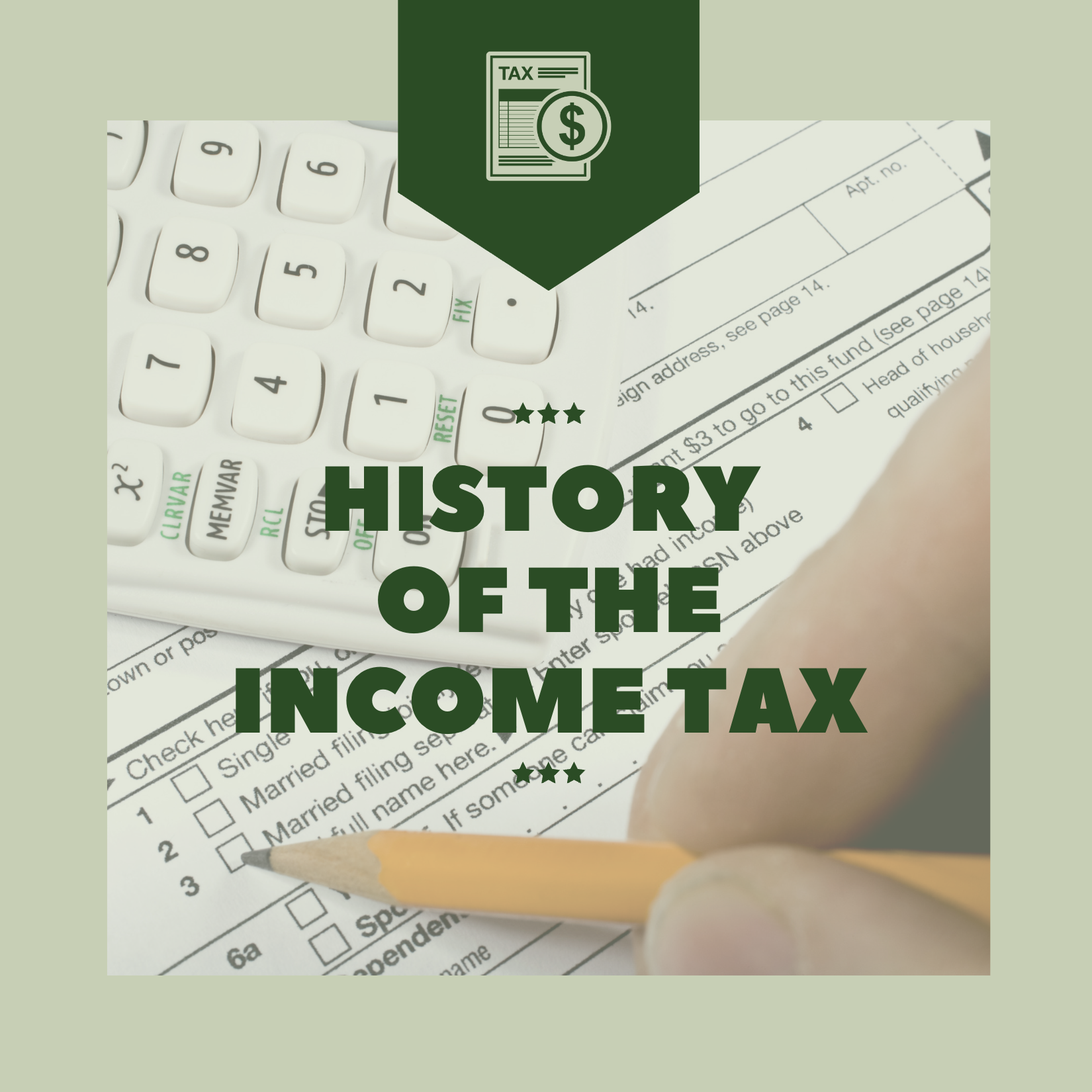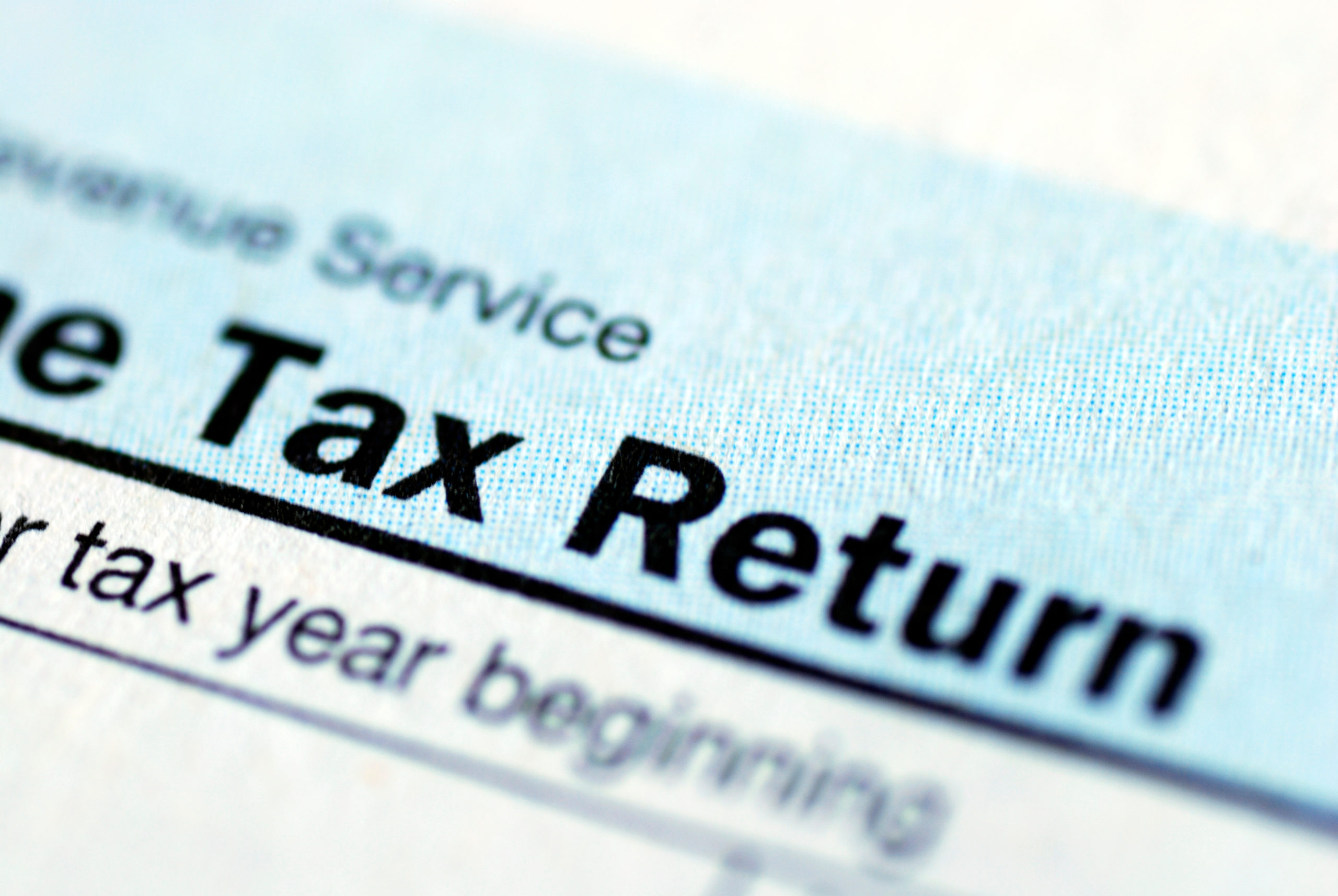
Appeared in the Columbia Daily Tribune on 7/6/19
The Tax Cuts and Jobs Act changed the tax preparation needs of many people. It made some returns simpler and reduced the taxes for some Americans, but it also made some returns more complex and increased taxes for others.
If you have a simple return that produces a refund of $3,100, and a local preparer would do that return for $100, your net tax refund is $3,000. If you took that same simple tax return to a tax expert and they charged you $1,100, your net return would be $2,000. That would not be an efficient use of your money.
Conversely, it is possible to pay too little for your tax prep work. Let’s assume you have a complex return that includes a farm, a small business and five rental properties. A tax factory may only charge you $500 for this return. It takes your tax papers and information, throws those numbers in its tax software and the result is a refund of $2,500, which is a net refund of $2,000. Now suppose, you take this return to a tax expert. Their goal is not to finish your return in a couple days, but help you pay the least amount of tax. They will take additional time to ask questions about your situation because most people don’t know all the IRS tax breaks. (They might also propose an additional proactive tax planning engagement.) Their fee might be $2,500 but by claiming deductions you weren’t aware of, the amount of your refund grew to $10,500, which produces a net refund of $8,000. Which would you choose?
Now let’s look at the four basic tax preparation options:
1. Do-it-yourself (DIY) tax software. There are some well-known, low-cost online options. If tax forms and jargon don’t intimidate you and you have a simple tax return, this is a satisfactory answer to your tax prep needs.
2. Free tax prep services. Every tax season, I see retailers of big-ticket items, from cars to furniture, offering to prepare your taxes for free and they also allow you to apply part of your refund to the purchase price. Let’s just say that the corner of an appliance store isn’t where people should get their taxes done.
3. Tax factories. This would include national tax prep franchises, the guy down the street doing taxes in his basement, and the local tax and accounting shop.
4. Tax experts. Only tax attorneys, CPAs and Enrolled Agents (EAs) can represent you in an IRS audit. In general, CPAs are held to a higher professional standard, yet I have known several EAs whose tax expertise was greater than other CPAs’. Tax attorneys are a small subset of lawyers and usually focus on higher level tax and estate planning. I would recommend that you consider hiring a CPA or an EA with an additional designation that shows their focus on taxes.
Now, let’s try to identify your feelings about tax compliance and your knowledge of the tax code. Which of the following best describes you?
1. I have never done my own taxes and I know little about the tax code.
2. I have been doing my own taxes for years and understand the basic concepts.
3. I don’t do my own taxes and since every tax preparer should come up with the same answer, I look for the cheapest price.
4. I don’t do my own taxes but am aware that the tax code is complicated and feel more secure having my taxes prepared by a CPA.
5. I have been paying a CPA to prepare my taxes, but I can no longer itemize and am not sure I need to pay higher tax prep fees to a CPA.
6. I have been doing my own taxes, but they have gotten more complicated. Sometimes I wonder if I am paying too much in tax by missing some deductions.
Finally, let’s combine your comfort with the tax code to the tax prep options in the market to make some recommendations for a good fit.
1. If you are a DIYer, online tax software is a good fit. It allows you to save money on tax prep and E-File your return, which speeds up your refund.
2. If you have been a DIYer, but your financial situation has become more complex, now might be the time to contact a tax expert. You may be paying way too much in taxes and not even know it.
3. If you pay others to prepare your taxes, your options are a tax factory or a tax expert.
a. If your income is limited to the following sources, a tax factory could be a cost-efficient alternative to a tax expert:
i. W-2 wages
ii. Interest income
iii. Dividend income
iv. Social security benefits
v. Retirement income
b. If any of the following apply to you, a tax expert would be beneficial:
i. Small business owner
ii. Rental property owner
iii. Ordained or licensed clergy
iv. Wall Street investor or day trader
v. High income earner (> $300K)
4. If you have been paying for expert tax preparation but now take the standard deduction, your taxes have gotten easier. Unless you have rental property or a small business, I would recommend that you transition from a tax expert to a tax factory or online tax software.
Aric E. Schreiner, CPA, PFS, is managing member of Columbia CPA Group, LLC.




